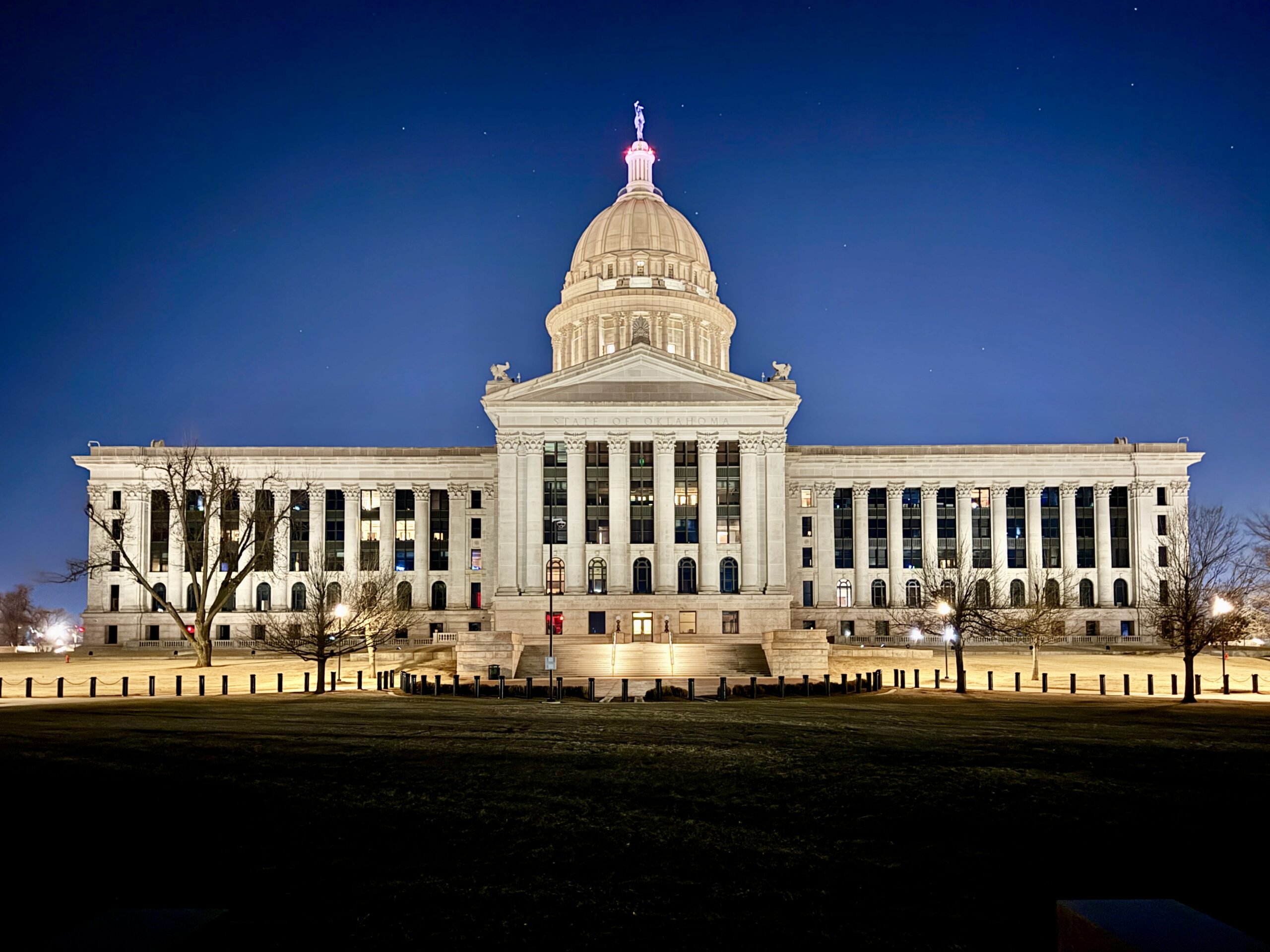Faith in Education: The Controversial Battle Over Religious Charter Schools

The Legal Tightrope: Charter Schools and Their Institutional Identity
Charter schools occupy a unique and complex position in the educational landscape, constantly navigating the blurry line between private autonomy and public accountability. At the heart of ongoing legal debates lies a fundamental question: Are charter schools truly independent private institutions, or are they effectively extensions of state educational systems?
This nuanced challenge goes beyond simple classification. Charter schools operate with a hybrid status that defies traditional educational categorizations. While they receive public funding and are subject to certain state regulations, they simultaneously maintain a degree of operational independence that sets them apart from traditional public schools.
The implications of this classification are profound. If charter schools are deemed state actors, they become bound by stricter constitutional and regulatory constraints. Conversely, if they are considered private entities, they enjoy greater flexibility in governance, hiring, and educational approach.
Legal scholars and education policy experts continue to scrutinize this complex relationship, recognizing that the answer has far-reaching consequences for school administration, student rights, and the broader educational ecosystem. The ongoing dialogue reflects the innovative yet challenging nature of charter school models in modern education.
